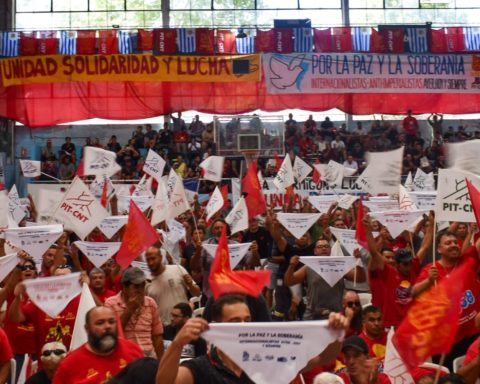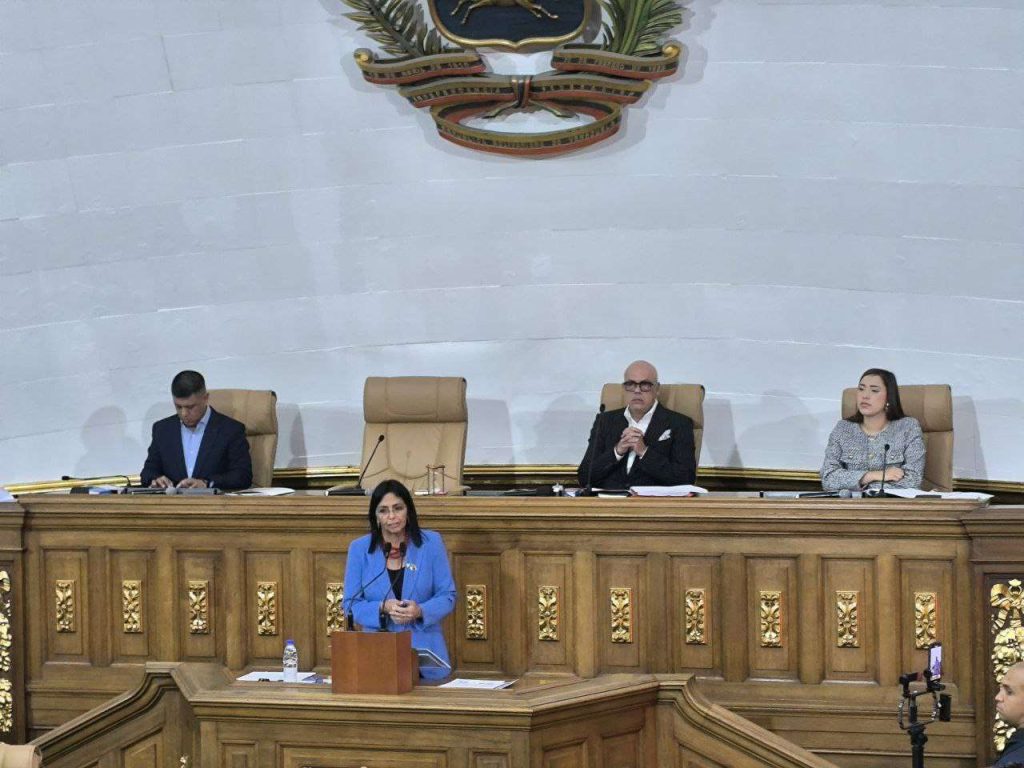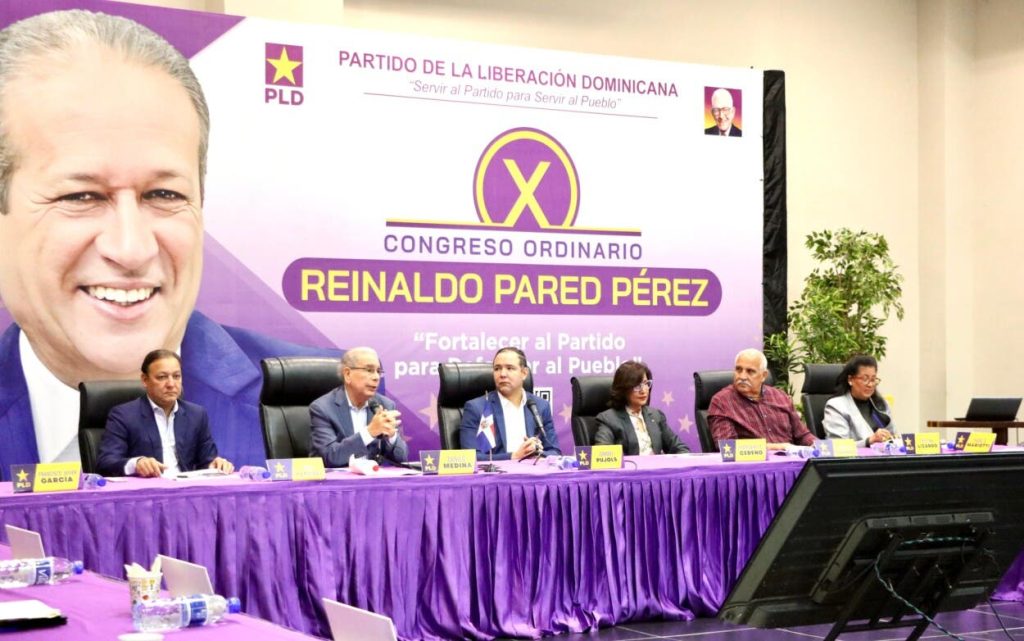
In a recent analysis of the runoff Uruguayan, the former chancellor and former presidential candidate, Ernesto Talvi, highlighted that the results were impacted by a “panorama of majority rejection of officialdom”. According to his point of view, this vote in favor of president-electYamandú Orsi, evidences a trend that transcends borders and that points towards a increasing punishment to the governments in office.
Talvi’s analysis, published in the Elcano Royal Institute of Spain, warns about a world trend where, despite having good economic indicatorsthe parties in power suffer notable rejection. In this context, the victory of Orsi was concretized with a 3.9% difference on the ruling party Álvaro Delgado, a result that could have been more pronounced in a political climate more favorable for the ruling party.
Talvi relates this defeat of the ruling party with a massive distrust that is manifesting at the regional level. “This outcome reveals a regional and global trend: the growing vote to punish the ruling parties, even in contexts of good macroeconomic indicators and high presidential approval“said the former chancellor, underlining the unusual dichotomy between economics and politics.
Determining factors in the victory of the opposition
In his analysis, Talvi identified two central factors which, in his opinion, explain the scenario of the Uruguayan ruling party. The first is the “high approval” of the management of President Luis Lacalle Pou, which despite having relevant popular support, does not seem to have been enough to prevent the electoral defeat.
The second factor mentioned is the economic recovery post-pandemic, characterized by a growth in employment and one drop in unemployment levels. However, despite these positive indicatorsthe final result of the runoff reflected a widespread discontent towards the policies of the current government. “The triumph of the opposition in Uruguay is thus framed in a panorama of majority rejection of the ruling parties,” Talvi insisted.
Promoting a more in-depth analysis, the former chancellor referred to data from the media ParlGovwhich reveals that between 2002 and 2024, in two thirds of the elections In developed countries, government parties have lost support or seen their electoral numbers decrease, suggesting that in Latin America, the opposition has managed to prevail.
Economic challenges in the election
To elucidate the reasons behind the defeat of the ruling party In a context that he considers favorable from an economic point of view, Talvi explored two microeconomic variables that have influenced the voters’ decision: the cost of living and the purchasing power.
The analysis revealed that, since the beginning of the pandemic, the cost of products has increased significantly. According to Talvi, “what cost $100 at the beginning of the pandemic today costs $115 in Franceover $120 in USA and the United Kingdomand over $130 in Uruguay”. This increase in the cost of living directly impacted the voters pocketwho decided to express their discontent through the vote.
Likewise, the former chancellor stressed that it is not only the increase in prices that affects consumers, but also how these changes affect the purchasing power of the wages. “It is not necessarily the rise in prices per se that affects the voter’s pocket, but rather its impact on the purchasing power of salaries,” he stressed.
Talvi’s argument resembles a pertinent conclusion: “in good romanceand without ignoring the importance of other factors in the voters’ decision, the weight of the pocket economy “It continues to be a decisive factor in the electoral results.” This notion highlights the relevance of economic well-being in the election of leaders and the political direction of a country.


















